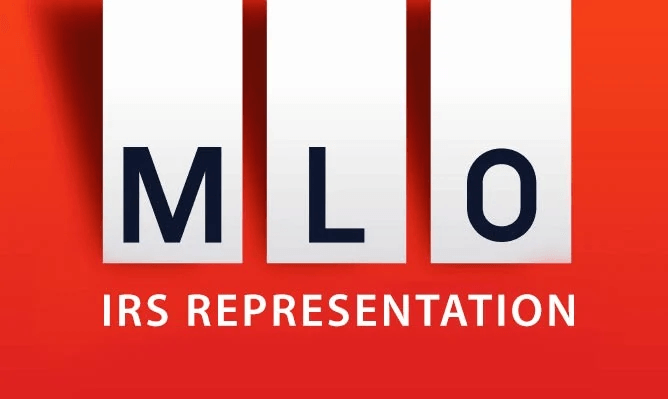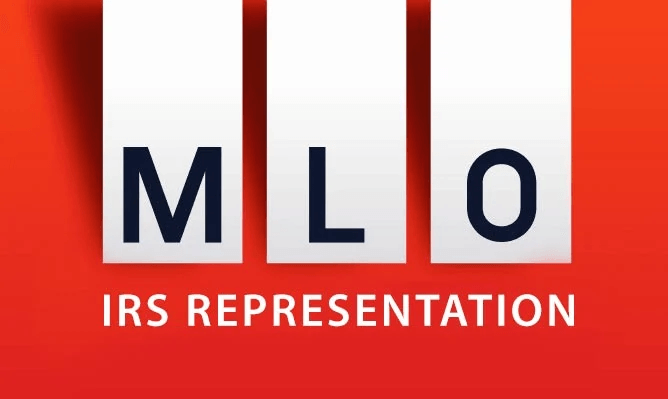Bank or Paycheck Levy
The IRS is widely known as the world’s most aggressive and successful collection agency. They have billions of dollars and thousands of employees at their disposal. At the heart of the IRS’s collection arsenal is the federal tax levy. This refers to the IRS’s power to take your property and wages in order to satisfy your debt.
The most common are the wage and the bank levy. The wage levy allows the IRS to contact your employer and order them to send a portion of your paycheck directly to the IRS.
Your employer must comply with this request. Once it is in place, every time you receive a paycheck you will see a deduction for the amount your employer was required to send to the IRS. There are rules that govern how much money the IRS must leave you with out of each paycheck, but unfortunately, they are not to your benefit.
You may very well be left without enough money to live on each month. It should be noted that even if you are an independent contractor and don’t make W-2 wages, the IRS can still take your paycheck in the same manner. The fact that you are a 1099 contractor does not help.
The bank levy is similar, but instead of the IRS contacting your employer, they contact your bank. Unlike the wage garnishments where the IRS has to leave you with at least a minimal amount of money from each paycheck in the case of the bank levy the IRS does not have to leave you with anything. They can liquidate the entire account and leave you with nothing.
The IRS is also able to go after your home, retirement account, and basically anything else you own.
Fortunately, there are procedures the IRS must follow before they can seize your property. These procedures act to warn you of the impending action so you can potentially avoid this entire situation.
Before the IRS can take your wages or property, they must issue you a Notice of Intent and allow you an opportunity for a hearing where you can plead your case. Knowing what to do when you receive this Notice and whether you should file for the hearing is vital. If you receive this Notice, you should consult with a tax lawyer in Dallas immediately.
The ins and outs of how to avoid a levy are complex and are similar to the rules an attorney would consult in order to get a levy that is already in effect released. Additionally, sometimes the best course of action is doing nothing. At times, the Notice of Intent amounts to an empty threat. Contact Margolies Law Office for legal help.
Bank or Paycheck Levy
The IRS is widely known as the world’s most aggressive and successful collection agency. They have billions of dollars and thousands of employees at their disposal. At the heart of the IRS’s collection arsenal is the federal tax levy. This refers to the IRS’s power to take your property and wages in order to satisfy your debt.
The most common are the wage and the bank levy. The wage levy allows the IRS to contact your employer and order them to send a portion of your paycheck directly to the IRS.
Your employer must comply with this request. Once it is in place, every time you receive a paycheck you will see a deduction for the amount your employer was required to send to the IRS. There are rules that govern how much money the IRS must leave you with out of each paycheck, but unfortunately, they are not to your benefit.
You may very well be left without enough money to live on each month. It should be noted that even if you are an independent contractor and don’t make W-2 wages, the IRS can still take your paycheck in the same manner. The fact that you are a 1099 contractor does not help.
The bank levy is similar, but instead of the IRS contacting your employer, they contact your bank. Unlike the wage garnishments where the IRS has to leave you with at least a minimal amount of money from each paycheck in the case of the bank levy the IRS does not have to leave you with anything. They can liquidate the entire account and leave you with nothing.
The IRS is also able to go after your home, retirement account, and basically anything else you own.
Fortunately, there are procedures the IRS must follow before they can seize your property. These procedures act to warn you of the impending action so you can potentially avoid this entire situation.
Before the IRS can take your wages or property, they must issue you a Notice of Intent and allow you an opportunity for a hearing where you can plead your case. Knowing what to do when you receive this Notice and whether you should file for the hearing is vital. If you receive this Notice, you should consult with a tax lawyer in Dallas immediately.
The ins and outs of how to avoid a levy are complex and are similar to the rules an attorney would consult in order to get a levy that is already in effect released. Additionally, sometimes the best course of action is doing nothing. At times, the Notice of Intent amounts to an empty threat. Contact Margolies Law Office for legal help.
Free Consultation
We will get back to you as soon as possible.
Please try again later.
SIGN UP FOR OUR NEWS LETTER
We will get back to you as soon as possible.
Please try again later.
Copyright © MLO IRS Representation 2021.

